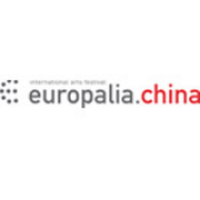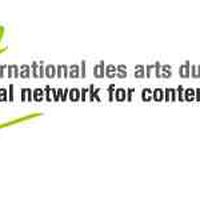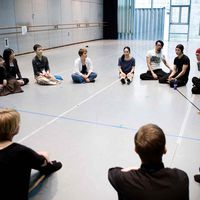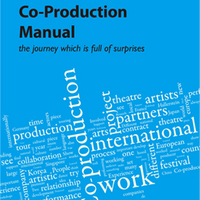LabforCulture: online resources for cultural cooperation in Europe
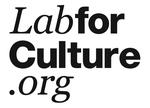

Judith Staines interviewed Nicola Mullenger, responsible for Marketing and Communications at LabforCulture in Amsterdam. Nicola talked about the activities of LabforCulture and how artists and cultural managers from Asia can get involved in this European project. She also discussed the main challenges for cultural portals and online platforms.
JS: What is LabforCulture?
NM: LabforCulture is a project initiated and hosted by the European Cultural Foundation (ECF) in Amsterdam; it has been online since June 2006. LabforCulture’s mission is two-fold: 1) to ensure access to up-to-the-minute arts and cultural information and 2) to encourage the cultural sector to become more experimental with online technologies. In the first two years, a million visitors have logged onto the site from every region across the broader Europe and beyond. Thousands of visitors shared their own postings of resources, organisations and relevant documents and tens of thousands of documents have been downloaded from the site. www.labforculture.org is developed using open source software and all content falls under a Creative Commons License. The site is published in English, French, German, Polish, Spanish and Italian.
JS: How can artists and cultural operators from Asia get involved?
NM: The site is a platform for anyone working in arts and culture who is interested in the European cultural scene. We have a social networking function on the site and anyone can post, make a profile, exchange contacts and meet people on LabforCulture which means we have global visitors and the profiles online represent that. We are interested in getting more people online from outside of Europe as it brings broader information and a wider social network to the people already on LabforCulture. We also often run projects on LabforCulture that “present” online tools so people can have a chance to learn how they work and see what you can do with them in an interesting way. An example is the Open Lines project. (http://openlines.labforculture.org) It triggered people exploring using voice and word association technology via a phone line connected to the internet and is a good example of how people from Asia would have “got involved” in a LabforCulture project, it is still online so anyone can add to it!
JS: Are there any specific examples of Asia-Europe cultural collaboration through LabforCulture?
NM: We have 250 examples of Asia-European cultural items, whether that be profiles, information, case studies and so on when inputting Asia-Europe as the key words in the search result of LabforCulture. There are of course examples we can draw on within that list that show an exchange of information and ideas. Of course it is more difficult to outline exchanges that happen between individuals – as they will conduct that via their profiles and other resources they will have and even organisations as people rarely feedback in this way, there is simply not even time in the cultural sector to do this. However we do get emails, comments online and read blogs online. Also LabforCulture worked with the Asia-Europe Culture360.org in its initial stages of being developed to advise on online site and community development and it would be interesting to think of the collaborations generated through that exchange.
JS: Do you have any plans to develop future cultural collaborations with Asia?
NM: LabforCulture is part of the European Cultural Foundation which has a remit to focus on Europe, all be it a wider Europe. As LabforCulture is an online project it is inclusive in its approach in communities and accessible for a wide ranging group. With further development of online projects profiling the use of tools in the cultural sector and information on Europe which may be of use and interesting to Asian audiences we hope we will continue to expand our audience groups globally to provide a key resource to access the European cultural scene.
JS: What are the main challenges for online cultural information platforms?
NM: There are quite a few. The ever evolving and development of technology and information is the main challenge. To keep the content and functionality up to date and “nice” for your community involves a lot of work and can be expensive to implement. Another issue is how open do you have your platform, should information and content be managed by the community themselves or does the platform retain its “authority” on information management. How does this affect the community and can platforms really keep up with the contextualisation of information to keep the site fresh. These are some of the central issues we observe and other platforms we meet and share experiences with.
Judith Staines is a writer, researcher and project manager based in the UK who specialises in European cultural cooperation and international mobility issues. She has worked on many projects for European cultural networks such as IETM and Culture Action Europe. She is currently Editor: Performing and Visual Arts (Europe) for www.culture360.org, General Editor of www.on-the-move.org cultural mobility website and a former editorial contributor to www.labforculture.org. She is co-author of an EU-commissioned guide to mobility of cultural goods between Russia and the EU and wrote handbooks for visual artists in the UK.
Similar content
02 Nov 2009
deadline
21 Jan 2011
22 Feb 2010
posted on
17 Jun 2011
posted on
21 Apr 2010

